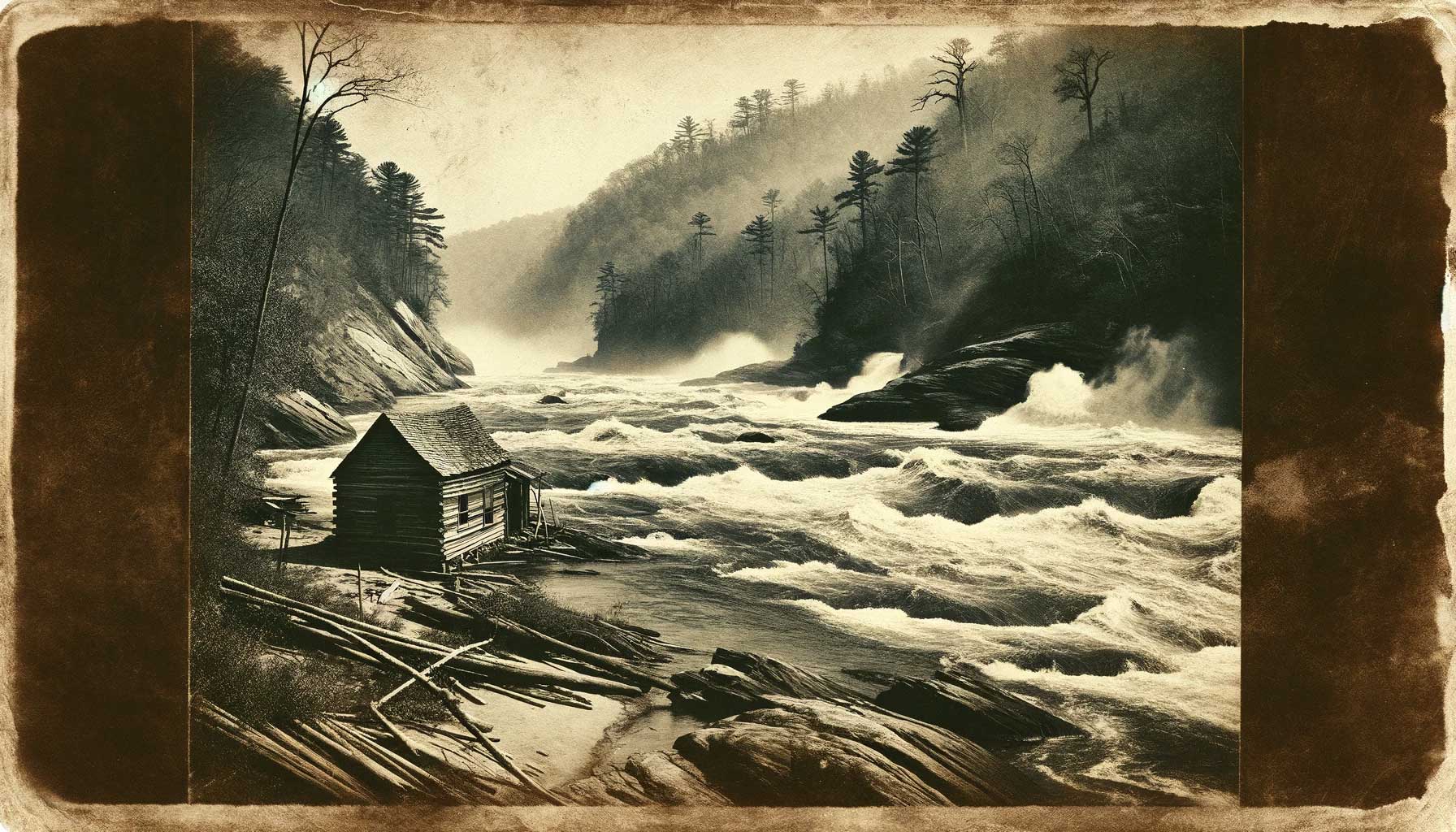
The History of Whitewater Rafting in North Carolina
North Carolina’s rugged terrain and abundant waterways have made it a haven for outdoor enthusiasts, particularly those drawn to the thrill of whitewater rafting. The history of whitewater rafting in the state is a tale of exploration, adventure, and the burgeoning outdoor recreation industry that has made North Carolina a premier destination for water sports.
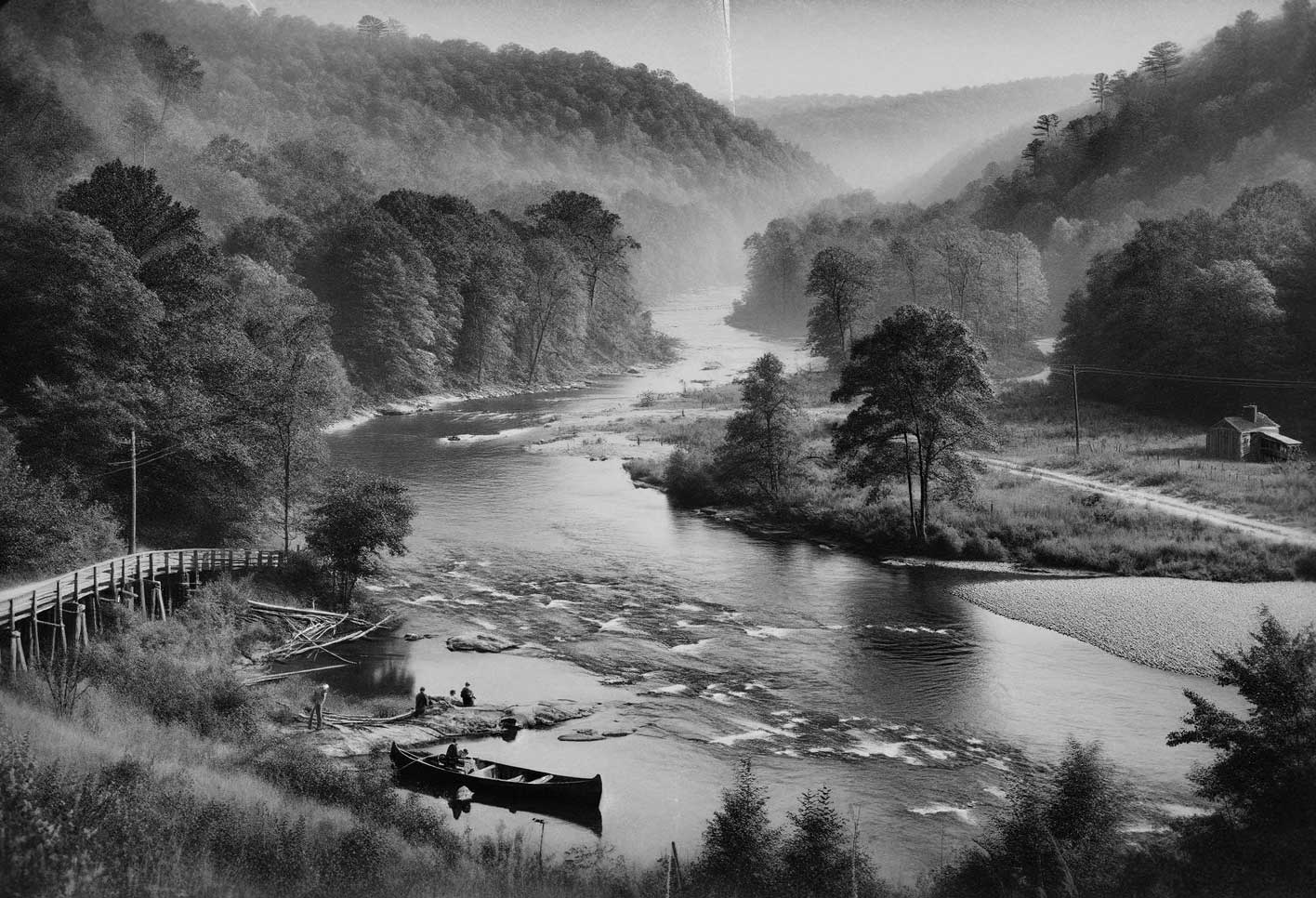
Early Beginnings
The roots of whitewater rafting in North Carolina trace back to the mid-20th century, a time when outdoor adventure activities were beginning to gain popularity across the United States. The state's diverse river systems, particularly in the western region, offered the perfect playground for those seeking the rush of navigating rapids. Pioneers of the sport initially used wooden rafts and canoes to explore the wild and untamed rivers, setting the stage for the more organized and commercialized rafting experiences that would follow.
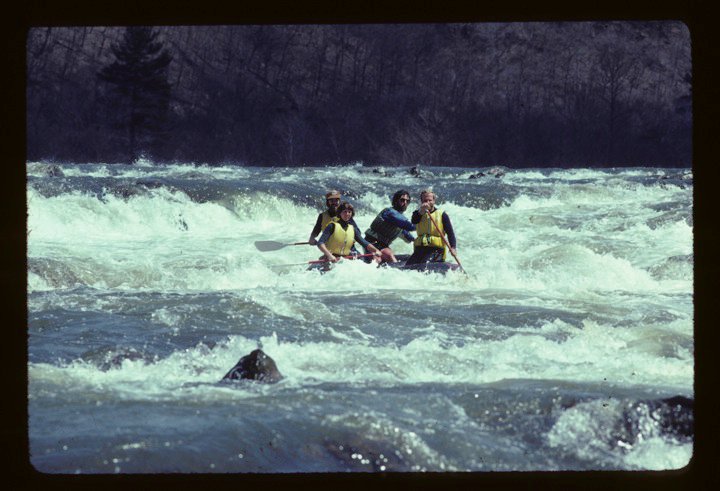
The Rise of Commercial Rafting
The 1970s and 1980s marked a period of growth for whitewater rafting in North Carolina. This era saw the establishment of several commercial rafting companies, driven by increasing interest in outdoor recreation and the development of more advanced and safer rafting equipment. The French Broad River, one of the oldest rivers in the world, became a central hub for rafting activities. Companies like Smoky Mountain River Expeditions and Carolina Wilderness Adventures emerged offering guided trips that made the sport accessible to a broader audience. Blue Heron Whitewater grew out of the experiende we gained in the '80's and '90's when whitewater rafting really got going and from the added experienc we gained from rafting all over the world.
As commercial rafting gained momentum, the state’s rivers, including the French Broad River, the Nantahala and the Nolichucky, became well-known destinations for rafting enthusiasts. These rivers provided a range of rapids, from gentle Class I and II for beginners to the more challenging Class IV and V for seasoned rafters. The growth of the industry not only boosted local economies but also promoted environmental awareness and conservation efforts.
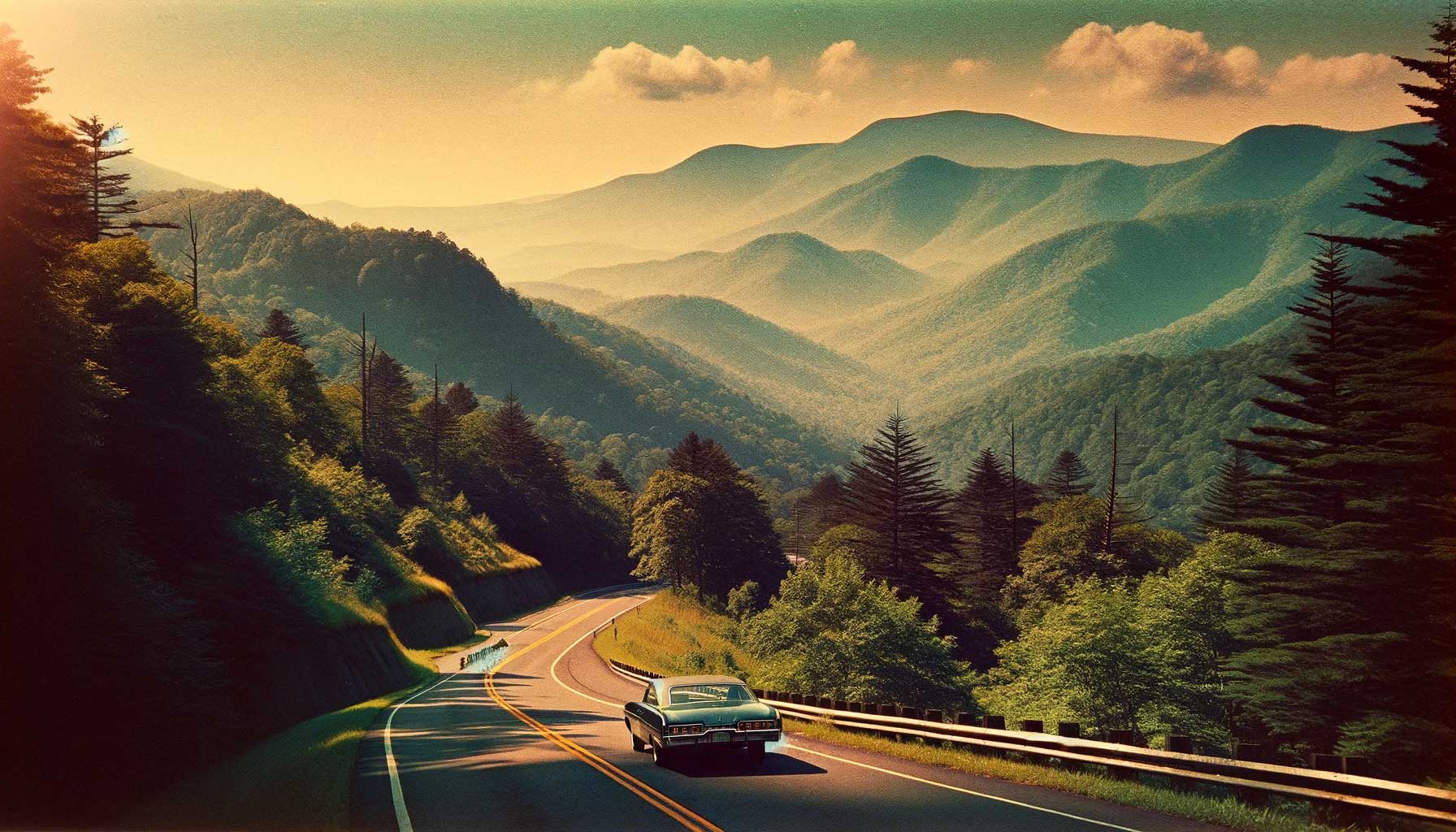
The Influence of the Great Smoky Mountains
The Great Smoky Mountains, straddling the border between North Carolina and Tennessee, played a crucial role in the development of whitewater rafting in the region. The area's natural beauty and biodiversity attracted tourists and adventurers alike. The Nantahala River, running through the heart of the Nantahala National Forest, became a particularly popular rafting destination. The river's name, meaning "land of the noon day sun" in Cherokee, reflects its unique geography, where deep gorges and lush forests create a breathtaking backdrop for rafting trips.
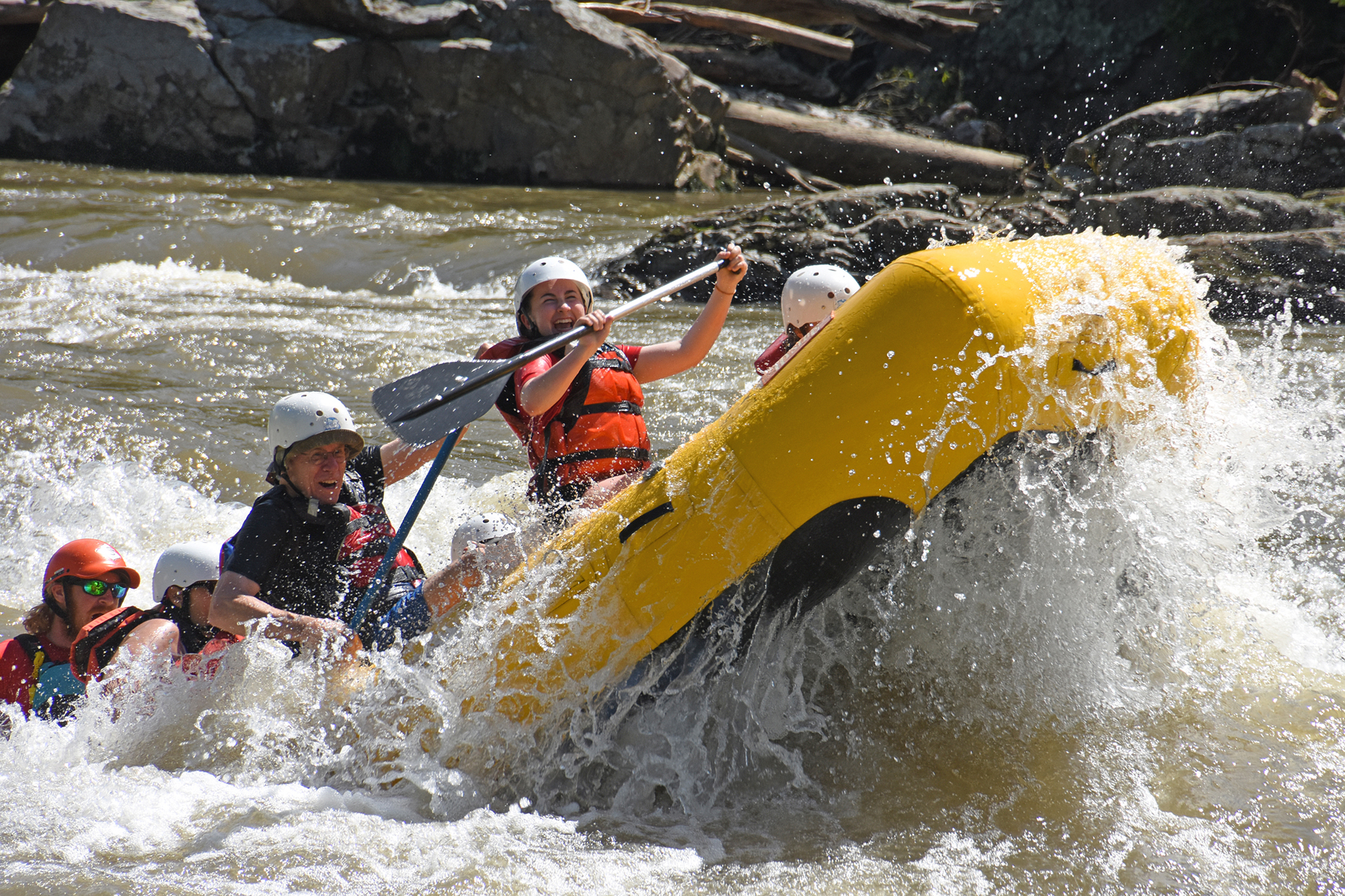
Modern-Day Whitewater Rafting
Today, North Carolina continues to be a leading destination for whitewater rafting, drawing adventurers from around the world. The state’s commitment to preserving its natural waterways and promoting sustainable tourism has ensured that its rivers remain pristine and accessible. Modern rafting companies, such as Blue Heron Whitewater, offer a variety of trips tailored to different skill levels, ensuring that everyone, from families to thrill-seekers, can experience the excitement of whitewater rafting.
Technological advancements have also enhanced the rafting experience. Modern rafts are designed for safety and durability, while professional guides undergo rigorous training to ensure the highest standards of safety and customer service. These improvements have made whitewater rafting more accessible and enjoyable, encouraging more people to explore North Carolina’s scenic rivers.
Conclusion
The history of whitewater rafting in North Carolina is a testament to the state’s natural beauty and the spirit of adventure that drives outdoor enthusiasts. From its early beginnings to the thriving industry it is today, whitewater rafting has become an integral part of North Carolina’s cultural and recreational landscape. As the sport continues to evolve, it remains a thrilling way to experience the state’s majestic rivers and rugged terrain, offering unforgettable adventures for generations to come.
